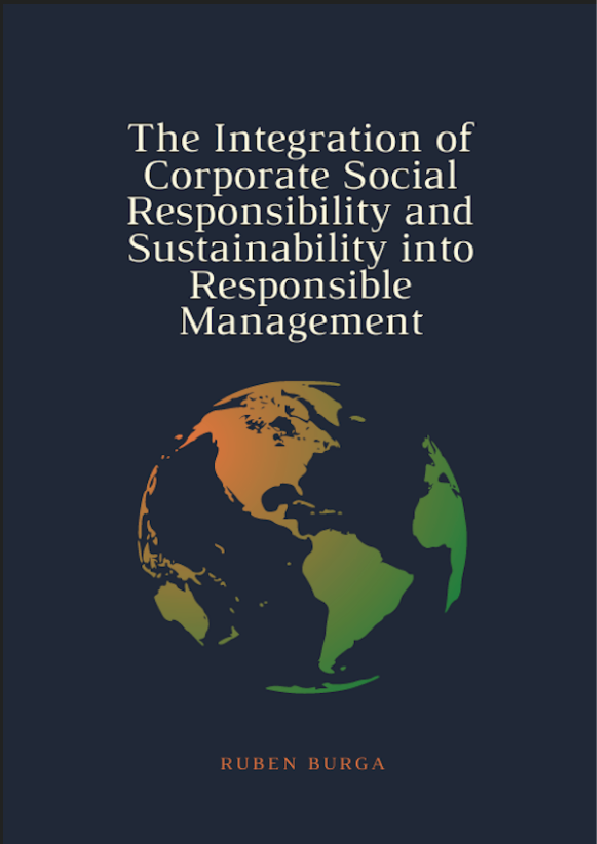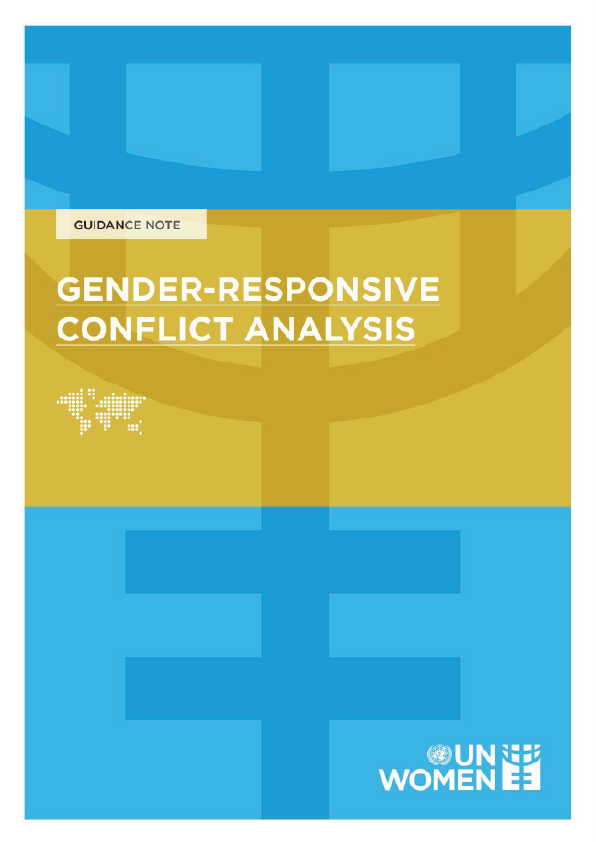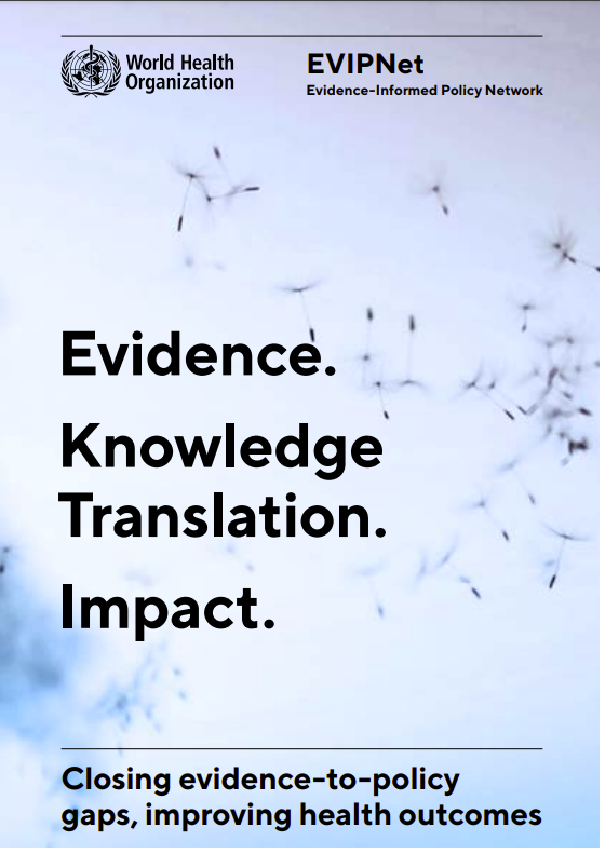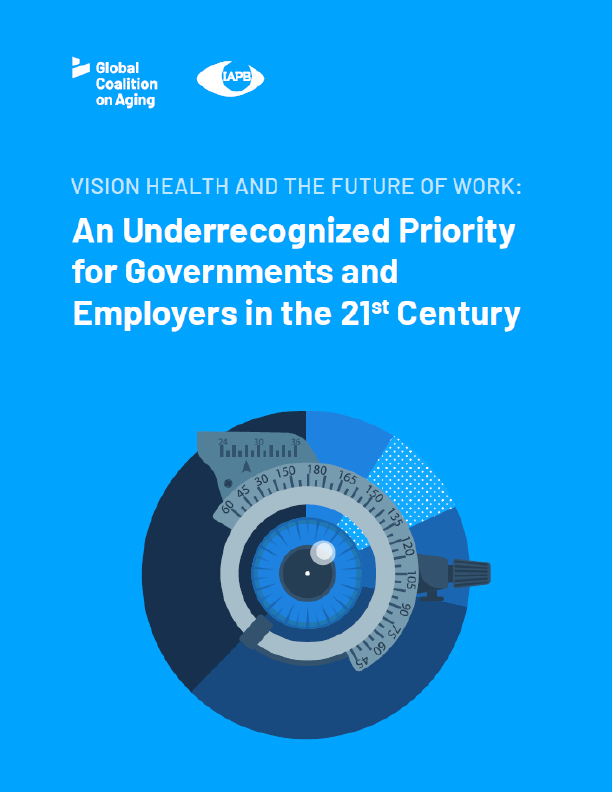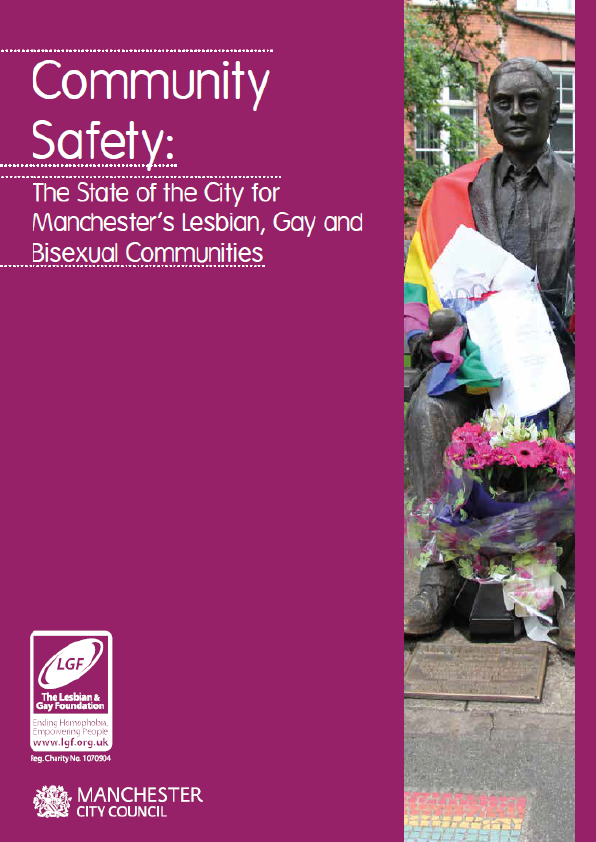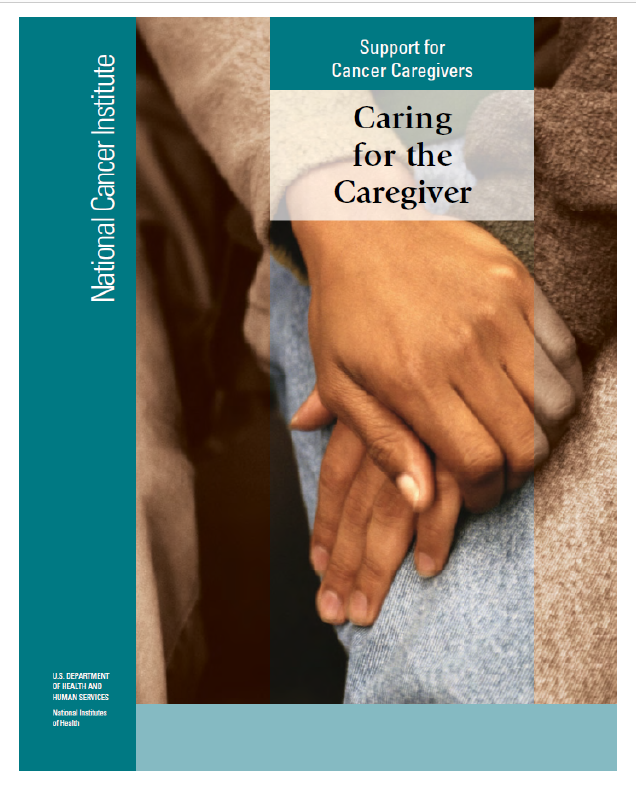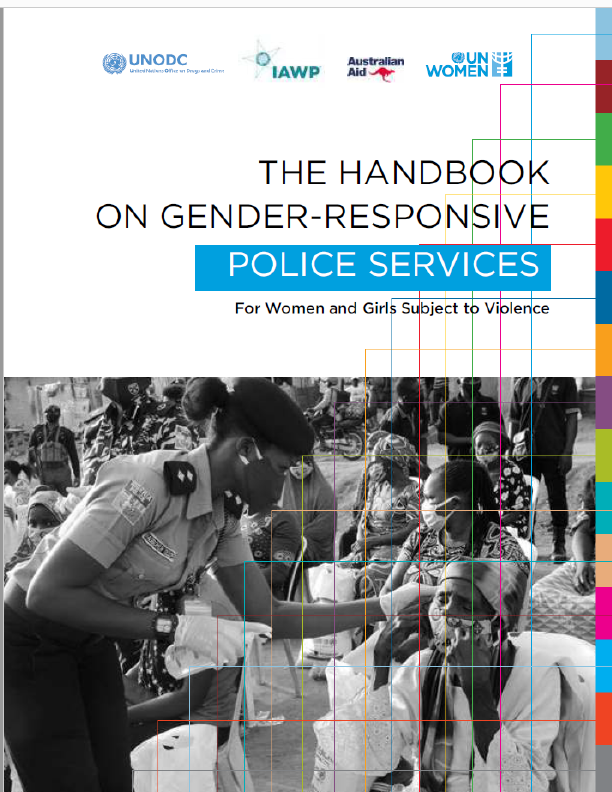I wrote, curated and compiled the material in this book to capture and describe the current state of responsibile management and corporate social responsibility. This book will also satisfy some of the frustrations that my students were experiencing as they sat through my offering of a 3rd year undergraduate course on Corporate Social Responsibility. I wanted to address these frustrations in the context of the vision of our institution “to improve lives” and that of our business school “to be recognized locally and globally for our commitment to developing future leaders for a more sustainable world”.
There are excellent published textbooks that provide many of the fundamentals of Corporate Social Responsibility such as Strategic Corporate Social Responsibility: sustainable value creation by David Chandler, Strategic Corporate Social Responsibility: tools & theories for responsible management by Debbie Hask-Leventhal, The Age of Responsibility: CSR 2.0 and the New DNA of Business by Wayne Visser, and Corporate Social Responsibility by Christopher Wickert and David Risi. All of them can be used as foundational books but they still did not fully address the following frustrations.
There is not enough Canadian (and thus, relevant) content.
Many textbooks take a neocolonial viewpoint based on typically North American or European views of responsible management and CSR. However, there is a lack of Canadian experiences or context to complement the narratives and cases. This is particularly important when considering some of the sustainable and existential issues in our current existential environment. Extractive industries are a key part of the Canadian economy, agriculture was and is fundamental to the growth and expansion of the Canadian provinces, fishing and living off the resources from the sea were and are critical to Canadians living off our three oceans. Canadians are also basically a mosaic of immigration from countries that over the past century have been less and less from neocolonial Westernized countries and more often from Asia, Latin America, and Africa. The end of the last century and for most of this 21st century, Canadians are dealing with the acknowledgment of past colonial wrongs to its indigenous people – recognized as Indians in federal legislation but more formally known as First Nations, Metis, and Inuits. This narrative has largely been ignored in textbooks so it will be included in this one along the multiple dimensions encompassing responsible management and CSR.
There is too much of a focus on for-profit businesses.
We are a business school and we teach the fundamentals of management, accounting, marketing, economics, and other aspects of business on the assumption that most students will work in a for-profit business. But the reality is that today’s societal environment and institutional environments are more holistic. The students that are exclusively in our business schools may end up working in social entrepreneurship ventures that are both socially and profit oriented, or in social entreprises that are purely socially oriented, or in government or non-governmental bodies setting policies and regulations for societies, or in not-for profit entreprises dedicated to the arts, to the environment, to community or other causes. In addition, the course that I teach is now a required course for students who minor in business from faculties as varied as environmental governance, international development, landscape architecture, geography, sociology, criminal justice, engineering, information technology and many of the other applied and pure science disciplines. Our fundamental vision of developing leadership skills and responsible management has to be expanded into more than just CSR but on the broader aspect of sustainability defined through supra-national institutions such as the United Nations as peace, prosperity, people, planet, and partnerships. Many textbooks address some of these elements by discussing impact investing, addressing the UN Sustainable Development Goals, addressing the base of the pyramid of the less advantaged global economies. In this textbook, we specifically steer away from making the focus – that of the for-profit business but lean more on responsible management for organizations in general.
